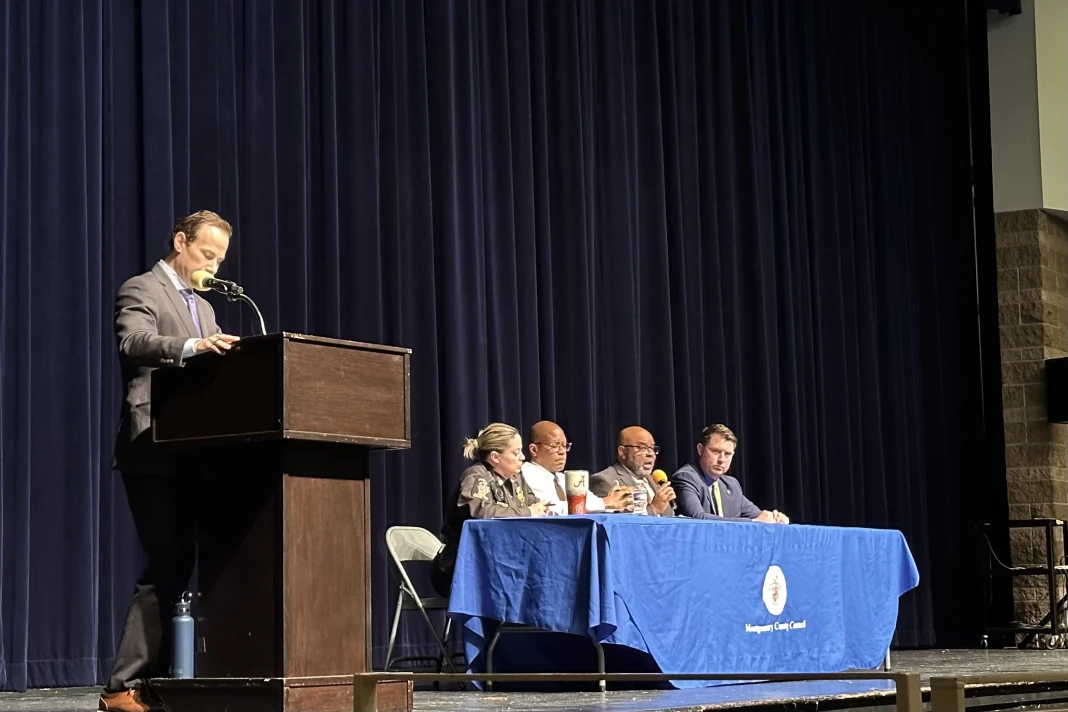Since the 1940’s, the SAT has been the basic college admission device for colleges and universities around the country.
As a senior, I spent the last year and a half focusing a lot on the SAT’s. I have had to prepare myself for the test’s reading comprehension, math, writing and essay. I studied the practice SAT books for hours, learned new vocab, process of elimination skills and how to speed-read. My family spent a lot of money on tutors and on the tests. And now, starting in 2017, the College Board is going to be making a change. The SAT is returning to the 1600 scale instead of the current 2400 scale, getting rid of the entire writing section and essay.
Waking up early on a Saturday and spending over four hours in a lab to take the SAT (four times, to be exact) definitely has not been the highlight of my college application process. However, 25 minutes of those four hours each test were actually interesting and tolerable to me, and that is the time I spent to write the essay.
The essay is usually about a controversial topic or opinion and you have to write about why you think the way you think is correct, giving examples that back up your opinion through literature, pop culture, history or personal experiences.
To me, the topics the essays are about are actually kind of fascinating and, unlike a lot of people, I cannot say that I hate writing. I also cannot say I hate grammar, so I guess I’m a little bias toward getting rid of the only parts of the test that do not drive me insane. So to be honest, that is the loss of whoever is taking the new SAT.
But why exactly is the College Board getting rid of the writing section and the 25 minute essay that I don’t hate writing and making it an optional extra 50 minutes? Why are the tests going to have less complicated vocab that I, along with almost every student in the past 80 years, spent months trying to learn? Why do the current freshmen and all the classes below them get to have it easier than we did?
“It is time for an admissions assessment that makes it clear that the road to success is not last-minute tricks or cramming, but the learning students do over years,” President of the College Board, David Coleman said in a Feb. 26 press conference.
Not gonna lie, I agree with the guy. My scores are definitely not a great representation of my intelligence. Getting straight A’s would not make me a genius and failing every course would not mean that I am stupid. Intelligence is not about “tricks” or “cramming” and it is about time that the College Board understands that. However, it is unfair to students who took the current SAT to be in school at the same time as the students who are going to be taking the new SAT because their scores will be much higher and may give them advantages.
When the high school class of 2017 enters college after taking its new and improved SAT, I will be a senior, close to finishing school and starting a job as an adult. The new students will obviously have higher test scores than I did, which will raise the scores that colleges are looking for in order to admit students. It may also unfairly raise the scores and experience that future internships are searching for, putting all classes prior to 2017 at a disadvantage.
“The vocabulary tested will be less esoteric, words typically used in college instruction and programs,” said Harriet Broder, principal of BreakThrough Test Prep in Potomac.
To be honest, I took my last SAT in December and I do not remember the meanings of a lot of the long, unnecessary words that I learned, nor do I think I will ever need to remember them. The average CHS parent seems to spend thousands of dollars on SAT-prep tutors who sit at a desk across from a student repeating words and their meanings back and forth for hours at a time until the words stick…momentarily. The words are so obscure and absurd that by the end of that tutoring session the information has been psychologically processed, but not learned, and I guess the new SAT is intended to fix that.
Despite my anger and the fact that I believe it is completely unfair that I had to take the current test, congratulations to the College Board for finally opening up its eyes and realizing that a test’s scores do not define someone’s intelligence, and cheers to 80 more years of SAT’s.







